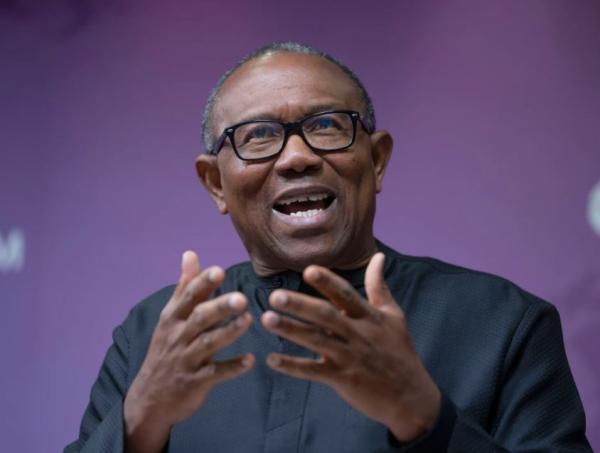
Preparing for a mostly-mobile audience is becoming a huge part of the journalism business now. The world is rapidly moving towards a ubiquitous connectivity that will further change how and where people consume media. The days of desktop superiority are over.
Mobile has rapidly risen to become the primary digital platform, with the total activity on Smartphone’s and tablets accounting for an astounding 60 percent of digital media time spent in the U.S. The fuel driving mobile’s huge growth is primarily app usage, which alone makes up a majority of total digital media engagement. According to recent reports by ComScore on media consumption in the U.S., more digital media is viewed on mobile platforms than desk-bound platforms. Apps today are driving the majority of media consumption activity, according to these reports, now accounting for 7 out of every 8 minutes of media consumption on mobile devices. On Smartphone’s, app activity is even higher, at 88% usage versus 82% on tablets.
It wasn’t too long ago when PCs (desktop computers) were the dominant online platform and the central hub for all the consumer’s digital activities. But with the proliferation of Smartphone’s, not to mention the tremendous growth in the use of mobile data for internet access, mobile’s rise in Nigeria has been swift and unrelenting. Nigeria is the fastest growing mobile market in the world, with more than 129 million active mobile subscribers as at April 2014, according to the Nigerian Communications Commission (NCC).
Over 70 percent of Nigeria’s current population (est. 174 million) are under the age of 30 and are all digitally aware. The Nigerian market remains attractive to foreign investors largely due to its massive and young demographic, strong economic growth indices and most importantly, enormous Smartphone and mobile data penetration and usage.
“The next wave of digital game-changers will emanate from frontier markets such as Nigeria,” said Amit Pau, director, Entrepreneur Country, an entrepreneurial ecosystem with a 133,000-strong community from Europe, Africa, Asia and South America.
Nigeria is the largest mobile market in Africa and the tenth largest in the world. With low PC and fixed-line penetration, there’s little surprise that the mobile device has long-since surpassed the PC as the way that Nigerians access the Web. While a meteoric growth of apps is expected transpire quickly, this shouldn’t come as too much of a surprise. After all, apps are the fuel that is driving mobile’s growth and where most of the Smartphone’s utility comes from in developed economies. Without apps, Smartphone’s are simply shells — like a beautifully designed car equipped with every feature you could want, but without any gas in the engine.
“The shift in digital advertising towards mobile, combined with our expertise of being a mobile-first ad platform, has fuelled tremendous growth at Opera Media works,” said Media works CEO Mahi de Silva in a blog post.
While there is a race to mobile, there are still noteworthy opportunities on the existing platforms. Mobile Media neither killing the desktop nor print media, but the older media Platforms must evolve to stay relevant. The focus does not need to be entirely on transitioning users from the old to the new, it should be more about tweaking the old to continue to be a solid revenue stream alongside the new.
“The later in the day that a breaking news story happens, the more likely it will be bigger on mobile than desktop,” said Etan Horowitz, CNN’s mobile editor. Similarly, Horowitz said that weekend traffic for CNN.com is nearing majority-mobile status. 40 percent of the traffic to CNN.com in 2014 so far, came from mobile devices.
Smartphone penetration in Nigeria today is arguably the highest in the world. In 2013, over 10 million smart devices worth $1 billion (N167 billion) were sold in Nigeria according to reports. Part of this is down to the explosive growth of inexpensive Smart phones and affordable access to data on mobile devices. A typical household has more Smart phones than desk bound computers, plus a few tablets, of course the numbers will skew to mobile. Earlier this year, the International Data Corporation (IDC) predicted a wave of growth in digital and media content over the subsequent 12 months as Smartphone penetration grows and African telecom users become more sophisticated in their use of mobile apps.
“We are aggressively going into the enterprise and digital service market. We strongly believe that digital services are a massive growth opportunity for the telecoms industry. We have created a unit called digital media that looks into the market opportunities in that area,” said Temi Ogunbambi, Director Engineering, Etisalat Nigeria, in an interview with us.
With the majority of media companies in the country just going digital, as there is still a huge market using desktop computers, laptops, and more traditional computing services to access media in Nigeria. It is right that this brave new mobile world should be exploited, although there’s still a huge market on non-mobile devices to address.






















